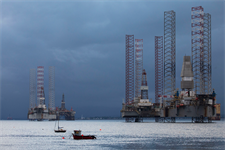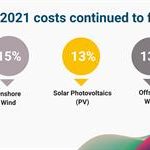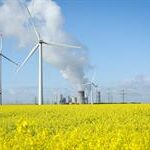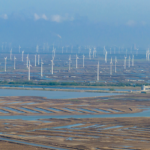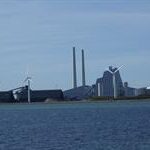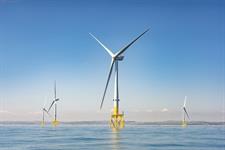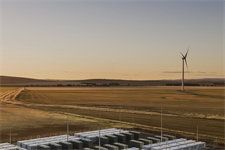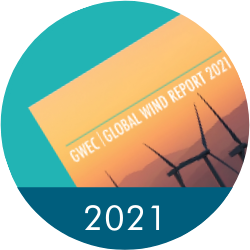BP to prioritise fossil fuels over new offshore wind projects
Energy Disrupter
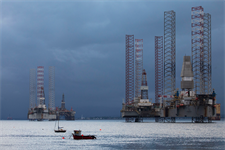
The company appointed a new CEO Murray Auchincloss earlier this year who said the company would continue to grow its oil and gas business, in contrast to former CEO Bernard Looney, who had previously announced plans to pivot BP towards renewables and away from fossil fuels.
Windpower Monthly understands the company now aims to focus on delivering its existing “flagship” offshore wind projects, which includes the 2900MW Morven project off Scotland in the UK North Sea (co-owned with EnBW) and the 2000MW N-11.1 and 2000MW N-12.2 offshore wind projects in Germany.
News agency Reuters reported on Thursday (27 June) that the company was implementing a “hiring freeze” and pausing new offshore wind projects.
Reuters quoted unnamed sources from within the company suggesting BP had reassigned people previously tasked with finding new renewable energy development opportunities to existing offshore wind projects in the UK and Germany.
A spokesperson for the oil major told Windpower Monthly Auchincloss’s previous assertion that the company was moving from an “integrated oil company” to an “integrated energy company” was unchanged.
On offshore wind, the spokesperson said: “We’ve built a strong portfolio over the past four years, with a net capaity of around 9.6GW, with licences/leases in the US, UK and Germany. Our focus is on developing our flagship projects (in the UK and Germany), while we will also continue to explore value-based growth in selected markets where we can be truly competitive.
“As Murray Auchincloss said in February 2024, BP’s destination – transforming from IOC to IEC – is unchanged, but we are going to deliver as a simpler, more focused and higher value company.
“We set out six priorities that underpin this; including: driving greater focus into the business, onto activities that create the most value; as well as delivering both the next wave of efficiencies and BP’s growth projects. And earlier this year we introduced changes to simplify BP’s organisation and a target to save at least $2 billion in cash costs by end 2026.”
They added: “The actions we are taking are part of delivering this – and, of course are in service of our aim of growing the value of BP.”
Energy Monitor reported in February that BP’s spending on renewables had “flatlined” since 2021 – the year when renewables spending hit 12% of its total annual Capex in January – falling to 6% in 2022, before reaching 8% in 2023.

